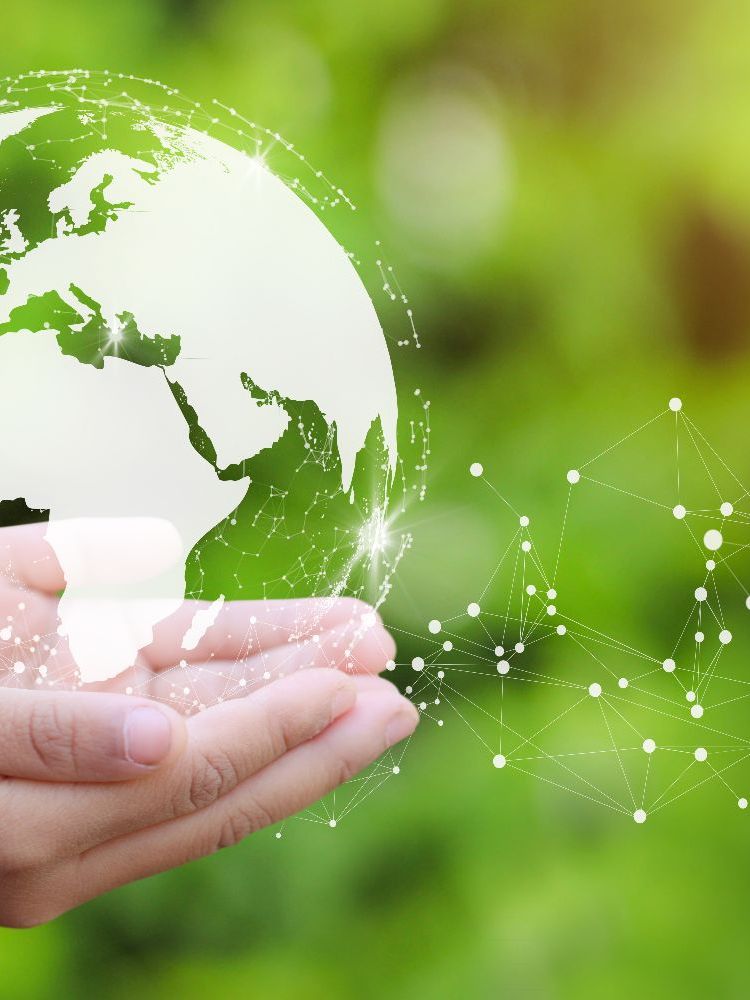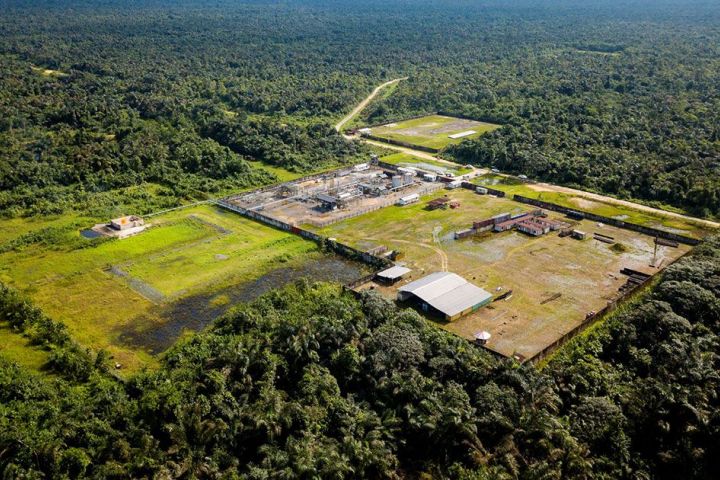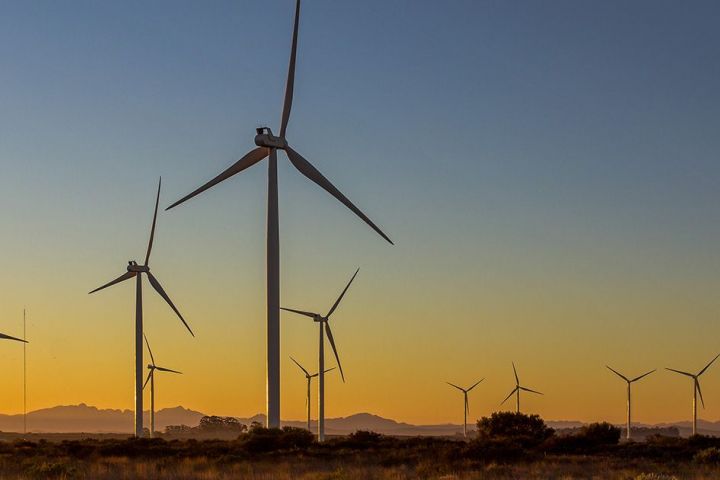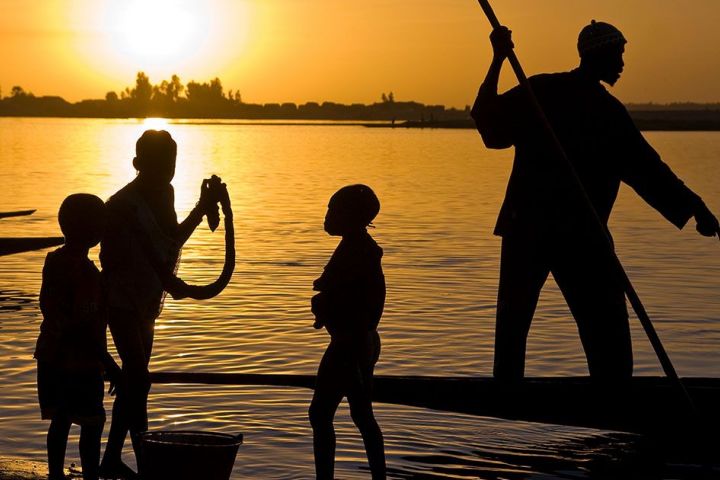Overview of our ESG highlights
Our sustainability strategy is based on four strategic pillars – promoting socio-economic prosperity, ensuring safe and secure operations, supporting and developing our people, and respecting the environment – which are aligned with the 13 United Nations Sustainable Development Goals that are most relevant to us. These form the basis of our Sustainability Performance and Reporting Framework. Further details on this are included in the Sustainability section of the website.
Our Power Division currently has a portfolio of large-scale hydroelectric, solar and wind renewable energy projects in motion across Africa, including our flagship up to 250 MW Parc Eolien de la Tarka wind farm project in Niger and our up to 95 MW Bini a Warak hybrid hydroelectric and solar project in Cameroon. Additionally, we have announced our planned acquisition of minority interests in three flagship East African hydropower assets, marking our expansion into five new countries: Uganda, Malawi, Burundi, the DRC and Rwanda. This includes the Bujagali power plant which currently contributes up to 31% of Uganda’s effective energy capacity. Mpatamanga and Ruzizi III are advanced-stage developments which are expected to generate highly competitively priced electricity in their respective countries for the benefit over 30 million people.
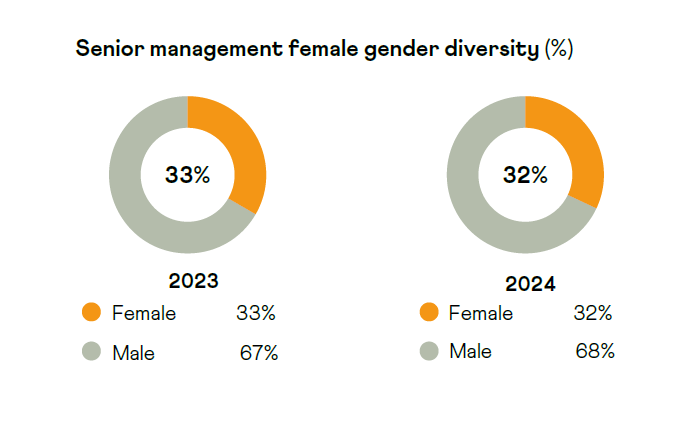
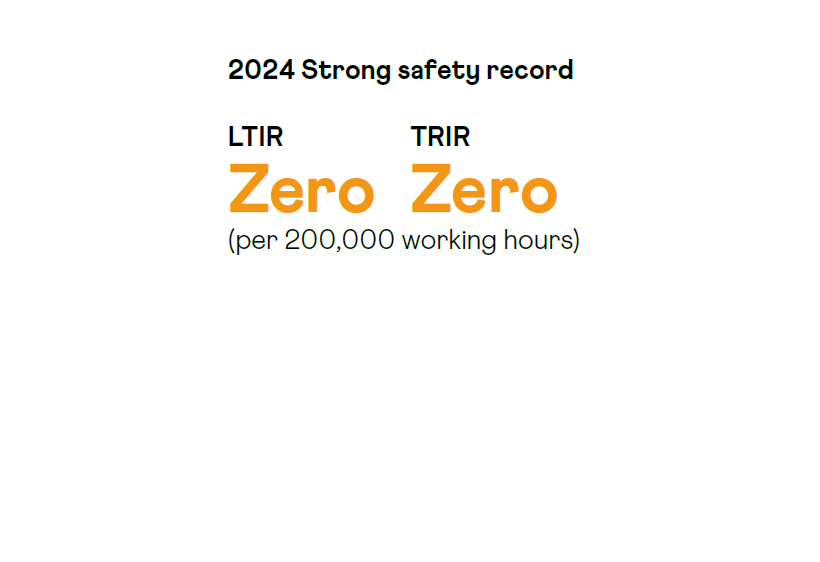
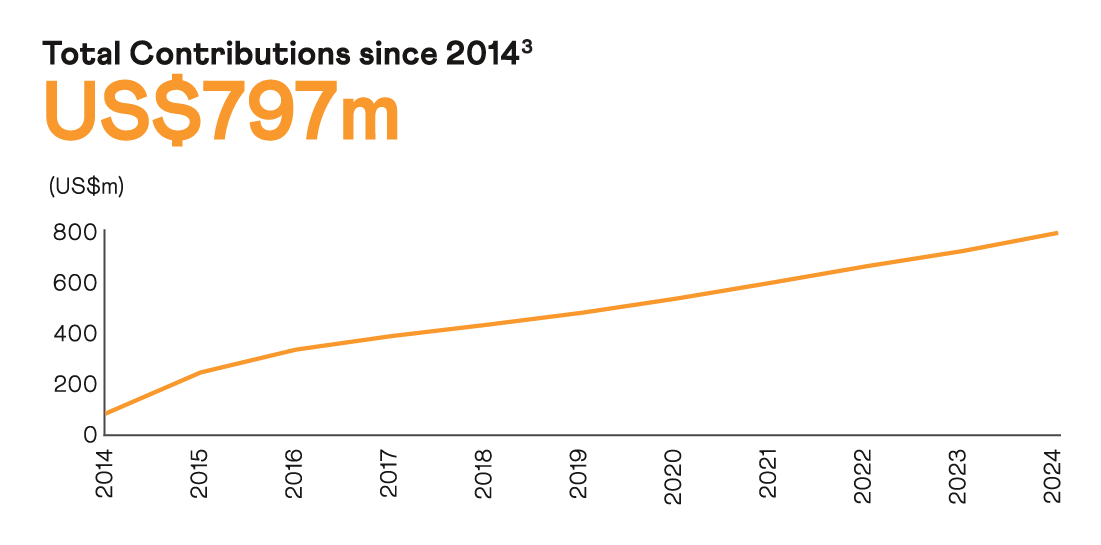
- Carbon intensity figures based on latest available published data reported by Total, ConocoPhillips and Eni who include Scope 1 and 2 emissions in their reported kg CO₂/boe carbon intensity figures. For Savannah, Scope 2 emissions are minor and in 2024 Scope 1 and 2 carbon intensity kg CO₂/boe was the same as Scope 1 carbon intensity kg CO₂/boe.
- Carbon intensity figures based on the latest available published data reported by Total, Shell, bp, Eni and Chevron.
- Total contributions to Nigeria and Niger defined as payments to governments, employee salaries and payments to local suppliers and contractors. Where total contributions refer to the period 2014–2023 they include contributions to Nigeria during the period pre-acquisition of the Nigerian assets by Savannah.
